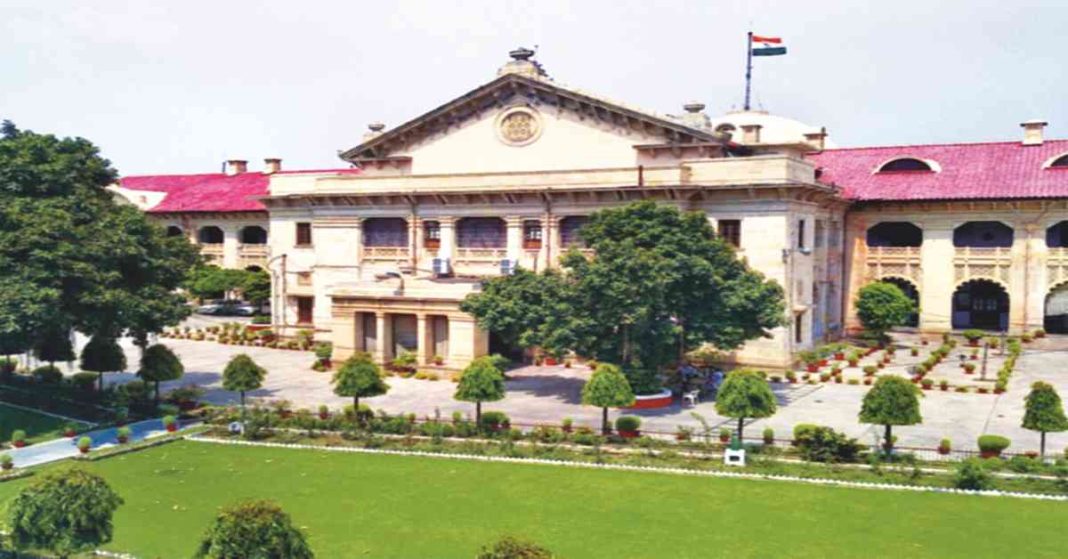The Allahabad High Court rejected an application for quashing entire proceedings in an attempt to murder case following a compromise between the victim and the accused.
The Division Bench of Justice J.J Munir passed this order while hearing an application under Section 482 filed by Narendra Pratap Singh.
The application sought to quash the proceedings of Sessions Trial, (State v Narendra Pratap Singh) arising out of case under Section 307 of the Indian Penal Code, 1860, Police Station Sarai Inayat, District Prayagraj, pending in the Court of the Additional Sessions Judge, Allahabad.
The counsels for both parties submitetd they have compromised the matter, inasmuch as the informant and the accused, that is to say, the applicant and opposite party no 2 are cousins and now, the complainant does not want to pursue the prosecution any further.
The Additional Sessions Judge vide order dated 15.02.2023 has rejected the compromise application, holding that in this case, the charges against the accused are of assaulting the complainant-opposite party, the injured Chandra Narayan, with an intent to kill him. The case is of heinous nature and is not compoundable. It is on that basis that the Judge has declined to verify the compromise and rejected the application.
It is quite another matter that the Judge could not have allowed the compromise application herself, because the offence is not compoundable. All that she could have done was to verify the compromise, on which the Court could have acted.
The Court observed in connection with quashing of prosecutions by the Trial Court, where parties have compromised in exercise of powers under Section 482 of the Code, illuminating guidance is provided by the decision of the Supreme Court in Narinder Singh and others v State of Punjab and another, (2014) 6 SCC 466, which was incidentally a case relating to an offence punishable under Section 307 IPC. Here, what the Court finds is that the injuries sustained by the applicant, as would appear from a perusal of the injury report dated 06.01.1991, are four firearm wounds of entry, and two of exit. None of the wounds show tattooing or charring. It is, no doubt, true that all gunshot injuries have been sustained on the limbs and not on the torso or any vital part of the complainant’s body, but that does not show that the offence was not heinous or there was no intention to kill. If a man shoots another, inflicting as many as four gunshot wounds, notwithstanding the fact that the injuries were sustained on the limbs, where possibly, they would not have produced a fatal result, it does not detract in the least from the gravity of the crime.
“The fact that the victim did not receive injuries to one or other vital parts of the body can only be credited to the victim’s good luck or providence smiling on him. In an offence of this kind, the Court is in absolute agreement with the Trial Judge that anything in aid of composition of the offence, cannot be permitted. This Court too would not exercise its powers under Section 482 of the Code to quash the prosecution in an offence of this nature, where the conscience of the society is most certainly involved. It is not an offence which is in the domain of a kind of private dispute between parties, about which the society may have no substantial concern,” the Court further observed while rejecting the application.
In view of the above, the prayer to quash the proceedings of the aforesaid case is hereby refused by the High Court.


